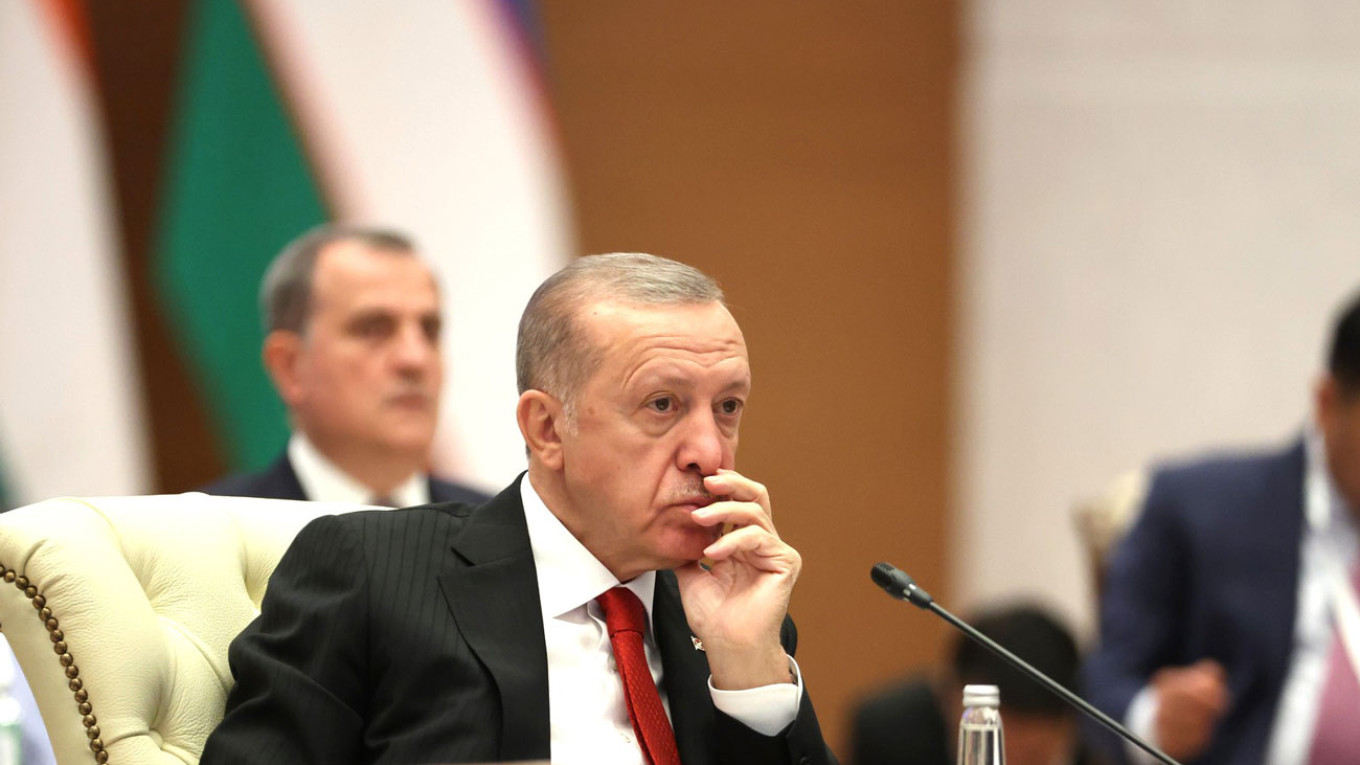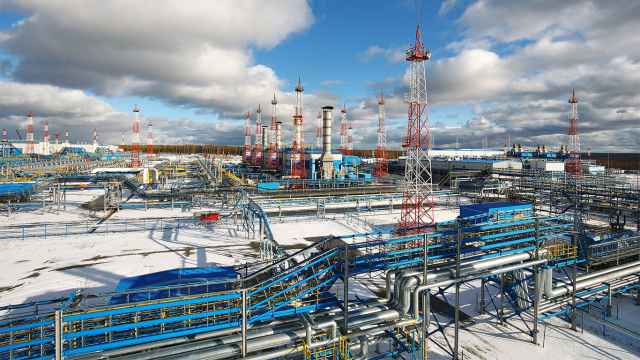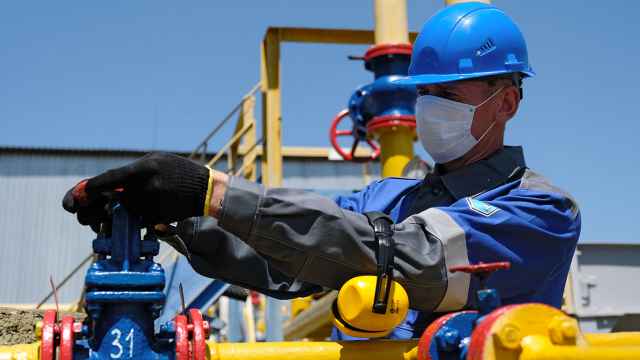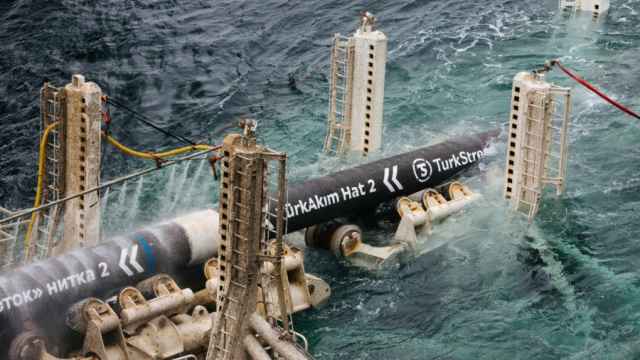Turkey's energy minister has publicly questioned for the first time the need for a new natural gas hub that Russian President Vladimir Putin proposed last year.
Energy Minister Alparslan Bayraktar told a group of reporters on Thursday that Turkey already had a well-functioning gas trading platform.
Putin first raised the idea of creating "a gas hub in Turkey for supplies to other countries" during talks with President Recep Tayyip Erdogan in Kazakhstan last October.
Erdogan then instructed his government to start immediate preparations for "an international distribution center" in Turkey.
The idea created immediate alarm in the EU due to its ongoing attempts to end its dependence on Russian energy in response to Putin's war on Ukraine.
It also added to worries in Washington that NATO member Turkey was cozying up to Moscow despite its neutral stance in the war and supply of weapons to Ukraine.
But the proposal appears to have made little headway in the ensuing months.
Putin has since said he was talking about establishing an electronic trading platform in Turkey, rather than storing physical gas.
Bayraktar cast doubt on the need for such an exchange on Thursday.
"We have a very well-functioning power exchange as well as a gas exchange," he said.
'Kind of a pause'
Bayraktar said there was "kind of a pause" in discussions when Turkey was hit by a devastating February earthquake, and then while the country held two rounds of presidential elections in May.
"But we are in talks," he added.
Russia currently ships gas to Turkey via two pipelines running under the Black Sea.
Turkey sends some of that gas to southeastern European countries, such as Hungary and Greece, but it also depends heavily on Russian imports because of limited domestic energy sources.
Moscow is currently constructing a nuclear power plant on Turkey's Mediterranean coast that could eventually reduce the country's dependence on foreign gas imports.
Bayraktar said the "main construction work" had finished on the first of the Russian plant's four reactors, noting that everything was "moving well."
Turkey has been talking to Russia's Rosatom state nuclear energy company about building a second power plant in the Black Sea city of Sinop.
But Bayraktar stressed that Turkey was also open to offers from South Korean firms as well as those in China looking to build "small modular reactors."
"We are discussing [Sinop] with all the interested countries," he said.
A Message from The Moscow Times:
Dear readers,
We are facing unprecedented challenges. Russia's Prosecutor General's Office has designated The Moscow Times as an "undesirable" organization, criminalizing our work and putting our staff at risk of prosecution. This follows our earlier unjust labeling as a "foreign agent."
These actions are direct attempts to silence independent journalism in Russia. The authorities claim our work "discredits the decisions of the Russian leadership." We see things differently: we strive to provide accurate, unbiased reporting on Russia.
We, the journalists of The Moscow Times, refuse to be silenced. But to continue our work, we need your help.
Your support, no matter how small, makes a world of difference. If you can, please support us monthly starting from just $2. It's quick to set up, and every contribution makes a significant impact.
By supporting The Moscow Times, you're defending open, independent journalism in the face of repression. Thank you for standing with us.
Remind me later.







